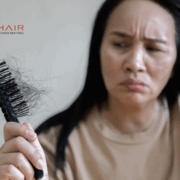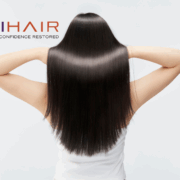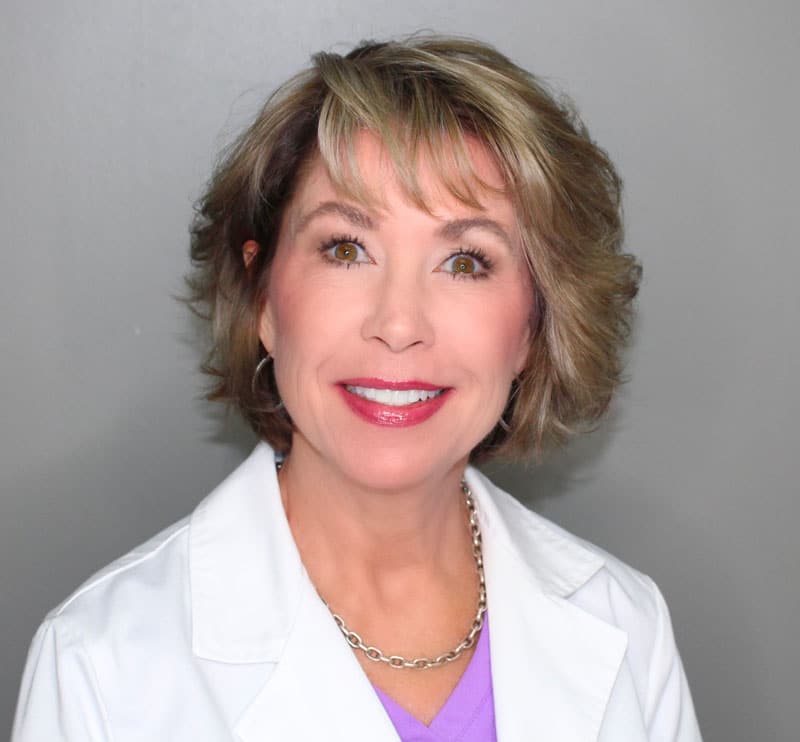How Stop Hair Thinning Loss Forum Women in Nolensville, TN
Expert Solutions for Women’s Hair Thinning and Loss. Call Now!
Understanding Hair Thinning and Loss in Women
Hair thinning and loss in women, including female bodybuilders, can be a distressing experience. Understanding the underlying causes is the first step toward finding effective solutions. While genetics can play a role in hair thinning and loss, it’s important to consider other factors that may contribute to these issues, including:
Hormonal imbalances: Fluctuations in hormone levels, particularly androgens and estrogens, can impact hair growth and lead to thinning and shedding.
Nutritional deficiencies: A diet lacking in essential nutrients, such as iron, protein, and vitamins, can negatively impact the health of your hair.
Stress and environmental factors: High levels of stress, environmental pollutants, and harsh styling practices can all contribute to hair thinning and loss.
Effective Strategies to Address Hair Thinning and Loss
When it comes to managing hair thinning and loss, there are several effective strategies that female bodybuilders can incorporate into their hair care routine. These strategies include:
Balanced nutrition: Ensuring your diet is rich in essential nutrients, such as iron, protein, and vitamins, can promote healthy hair growth and combat thinning and loss.
Stress management: Implementing stress-reducing practices, such as meditation, yoga, or deep breathing exercises, can help maintain optimal hair health.
Gentle hair care practices: Using gentle and non-damaging hair care products and minimizing heat and chemical exposure can help prevent further hair damage.
Professional treatments: Seeking professional treatments, such as laser therapy or specialized scalp treatments, can aid in stimulating hair growth and improving hair density.
The Role of Exercise and Supplements in Hair Health
As a female bodybuilder, the role of exercise and supplements in maintaining overall health is paramount. When it comes to addressing hair thinning and loss, exercise can support circulation and nutrient delivery to the scalp, which is essential for promoting healthy hair growth. Additionally, incorporating specific supplements into your routine can provide targeted support for hair health. Key supplements to consider include:
Biotin: Known for its role in supporting healthy hair, skin, and nails, biotin supplementation can aid in maintaining strong and resilient hair.
Omega-3 fatty acids: Essential for overall health, omega-3 fatty acids also contribute to the nourishment of hair follicles and can help combat hair thinning.
Collagen: Supporting the structural integrity of hair, collagen supplementation can contribute to improved hair strength and resilience.
Seeking Professional Support
In some cases, addressing hair thinning and loss may require professional support and guidance. Our clinic in Nolensville, TN, offers a range of specialized treatments and personalized care to address the unique needs of female bodybuilders dealing with hair concerns. From advanced laser therapies to customized treatment plans, our team is dedicated to providing comprehensive solutions tailored to your specific hair care needs.
Schedule Appointment
As a female bodybuilder, maintaining strong and healthy hair is an essential component of feeling confident and empowered. nderstanding the factors contributing to hair thinning and loss and implementing effective strategies and professional support, you can take proactive steps toward addressing these concerns and embracing a vibrant and resilient mane. Our clinic in Nolensville, TN, is committed to supporting you on your hair care journey, providing personalized solutions to help you achieve the vibrant, healthy hair you deserve.












